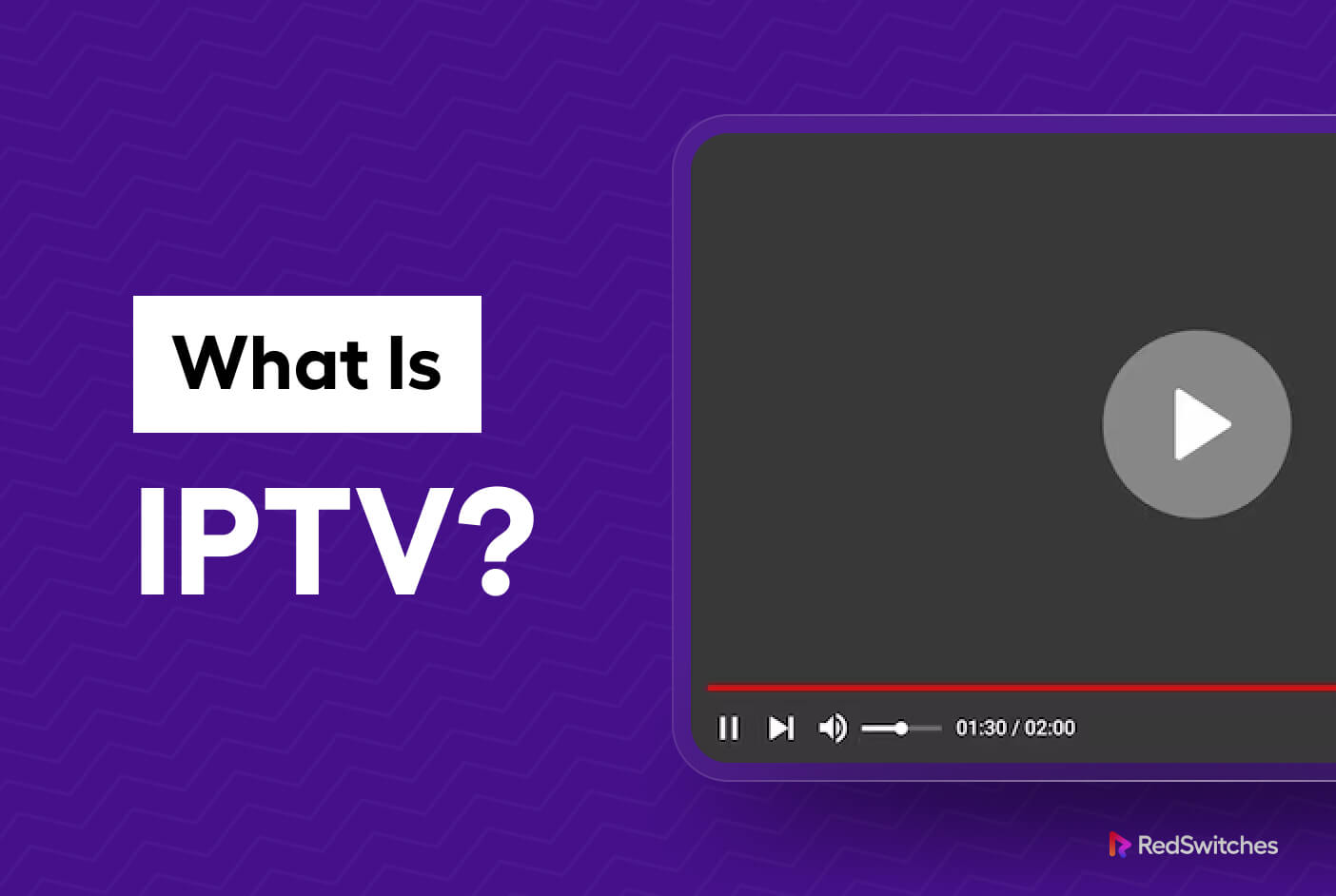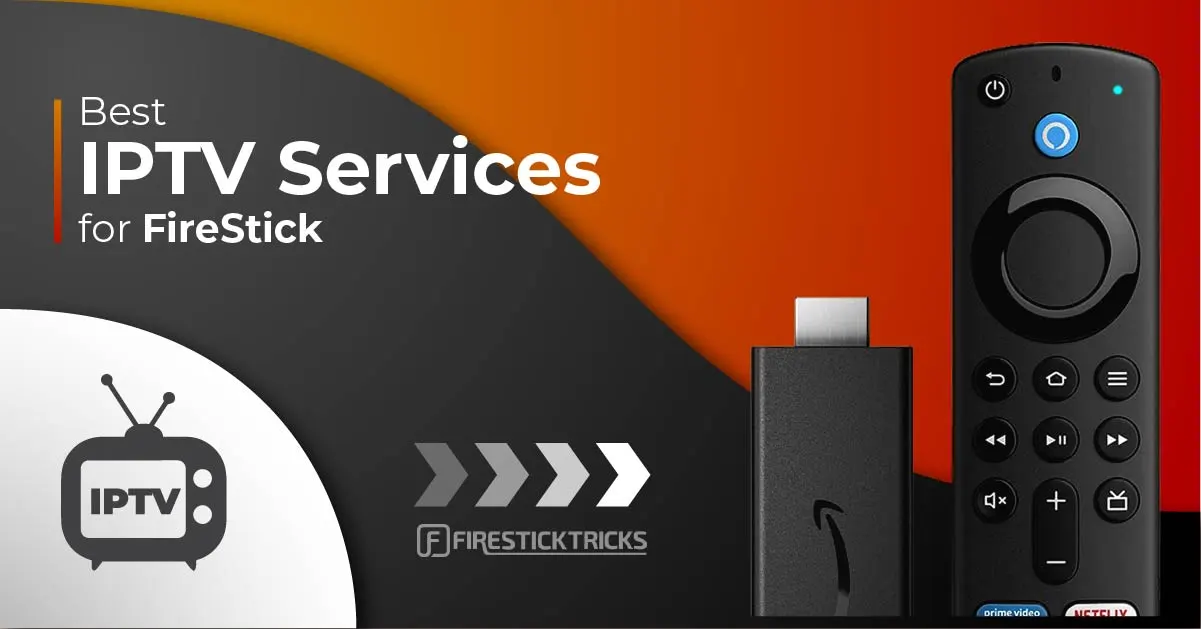IPTV vs. Cable television-- Which One is Right for You?
IPTV vs. Cable television-- Which One is Right for You?
Blog Article
IPTV Explained: Why It's Revolutionizing the Method We See Television
The emergence of Net Method Television (IPTV) indicates a crucial change in exactly how audiences involve with material. By leveraging web connectivity, IPTV transcends traditional broadcasting limitations, using customers a customizable and vibrant media experience. This modern technology not just gives access to a wealth of programming on-demand however likewise presents interactive attributes that cater to contemporary watching preferences. As we discover the ins and outs of IPTV, it becomes obvious that this advancement is not merely a trend; it poses significant implications for the future of tv intake and the landscape of digital amusement.
What Is IPTV?
IPTV, or Web Protocol Tv, is a method of providing television content online rather than with typical satellite or cable layouts. This innovative technique utilizes web method networks to transmit video clip data, enabling customers to access a large range of shows straight through their web connection. Unlike standard broadcasting, which counts on radio waves or cord facilities, IPTV allows the streaming of web content in a more user-centric and versatile fashion.
One of the key advantages of IPTV is its capacity to supply on-demand access to a substantial library of programs, movies, and live broadcasts. Subscribers can enjoy personalized seeing experiences, consisting of the choice to stop briefly, rewind, or document material. Furthermore, IPTV solutions frequently incorporate interactive features, such as video as needed, catch-up tv, and the capability to access several devices simultaneously.

Just How IPTV Functions

The procedure begins with web content gathering, where numerous television networks and programs are compiled onto a central server. From this web server, the content is encoded right into digital styles appropriate for streaming. When a customer chooses a program, the IPTV service fetches the appropriate data packets from the server and sends them to the individual's tool.
IPTV usually operates via clever televisions or set-top boxes, which decode the incoming data and make the video clip for viewing. The technology utilizes flexible bitrate streaming to optimize video quality based upon the customer's internet speed, guaranteeing a smooth seeing experience. IPTV commonly incorporates interactive attributes such as rewind, access, and time out to an electronic library, improving customer interaction. Overall, IPTV stands for a sophisticated assimilation of technology that changes standard television viewing right into an extra customized and vibrant experience.
Advantages of IPTV
As audiences significantly seek versatility and customization in their enjoyment choices, IPTV offers a variety of advantages that accommodate these needs. One of the most considerable benefits is the capacity to access material on numerous tools, including smartphones, tablets, clever TVs, and computer systems - Iptv. This multi-device compatibility enables users to appreciate their favorite programs and motion pictures anytime, anywhere, enhancing their watching experience
Additionally, IPTV provides a comprehensive collection of on-demand web content, making it possible for customers to select what to watch, when to see it, and how to see it. This contrasts with standard broadcasting methods, where customers are frequently constricted by repaired timetables. Furthermore, IPTV solutions frequently use personalization attributes, such as tailored referrals based on checking out habits, enabling customers to discover brand-new web content fit to their choices.
Furthermore, IPTV normally includes sophisticated features like cloud DVR capabilities, enabling users to tape and save programs for later viewing. Enhanced interactivity, such as the capability to stop briefly, rewind, or fast-forward web content, further enhances the watching experience. Iptv. Jointly, these advantages placement IPTV as a compelling alternative to traditional tv, meeting the evolving assumptions these days's audiences
Contrast With Traditional Television
Traditional television and IPTV present unique watching experiences, each accommodating different audience preferences. Standard television depends on satellite, terrestrial, or wire signals, using a fixed routine for broadcasting. Visitors are usually YOURURL.com bound to specific time slots to watch their favorite programs, which can be bothersome in today's busy setting.
On the other hand, IPTV provides web content by means of the web, enabling users to stream shows and movies on-demand. This flexibility enables viewers to see content at their convenience, eliminating the constraints of a fixed timetable. Furthermore, IPTV services often provide accessibility to a more comprehensive variety of channels and content, consisting of worldwide programming and particular niche styles that typical cord packages might not use.
Additionally, the interactivity of IPTV improves user involvement, enabling for features such as rewind, record, and time out capacities that conventional TV does not have. Users can likewise access supplemental content, consisting of in-depth program overviews and customer ratings, enhancing the overall viewing experience.
Ultimately, while traditional tv remains a staple for lots of viewers, IPTV's flexibility and wealth of learn this here now material make it an increasingly prominent choice, attracting those looking for more control over their seeing behaviors.
Future of IPTV
The future of IPTV appears encouraging, driven by advancements in innovation and shifting customer choices. As broadband infrastructure proceeds to boost internationally, IPTV services are poised to supply higher-quality video clip material with very little buffering and boosted user experiences. This progression is matched by the proliferation of clever devices, making it possible for viewers to gain access to IPTV material on smartphones, tablet computers, and smart TVs, thus enhancing ease and movement.
Additionally, the integration of man-made knowledge and artificial intelligence into IPTV systems is anticipated to revolutionize content delivery. Customized recommendations based on seeing routines will certainly improve customer engagement, making it easier for subscribers to discover relevant web content. In addition, the unification of increased fact (AR) and digital reality (VIRTUAL REALITY) modern technologies holds the possible to produce immersive checking out experiences that standard television can not match.
The rise of subscription-based models and ad-supported streaming services indicates a shift in just how customers are prepared to pay for content, better sustaining IPTV's development. As more customers look for versatility and personalization in their checking out routines, IPTV is likely to become a leading pressure in the amusement landscape, improving just how material is created, distributed, and consumed in the coming years.
Verdict
In verdict, IPTV represents a transformative improvement more in television usage, supplying audiences extraordinary flexibility and control over their viewing experiences. As technology continues to advance, the potential for IPTV to additional influence media usage patterns and improve the home entertainment landscape stays substantial.
The development of Web Method Television (IPTV) represents an essential change in how audiences involve with web content.IPTV, or Net Protocol Television, is a technique of supplying tv content over the internet instead than with typical satellite or cable formats.Using a network of web methods, IPTV supplies tv web content through a series of distinct processes. Additionally, IPTV services regularly supply personalization functions, such as tailored suggestions based on checking out routines, permitting individuals to discover new content fit to their preferences.
In addition, IPTV solutions frequently give accessibility to a more comprehensive range of channels and web content, consisting of international programs and specific niche styles that conventional cord bundles may not use.
Report this page